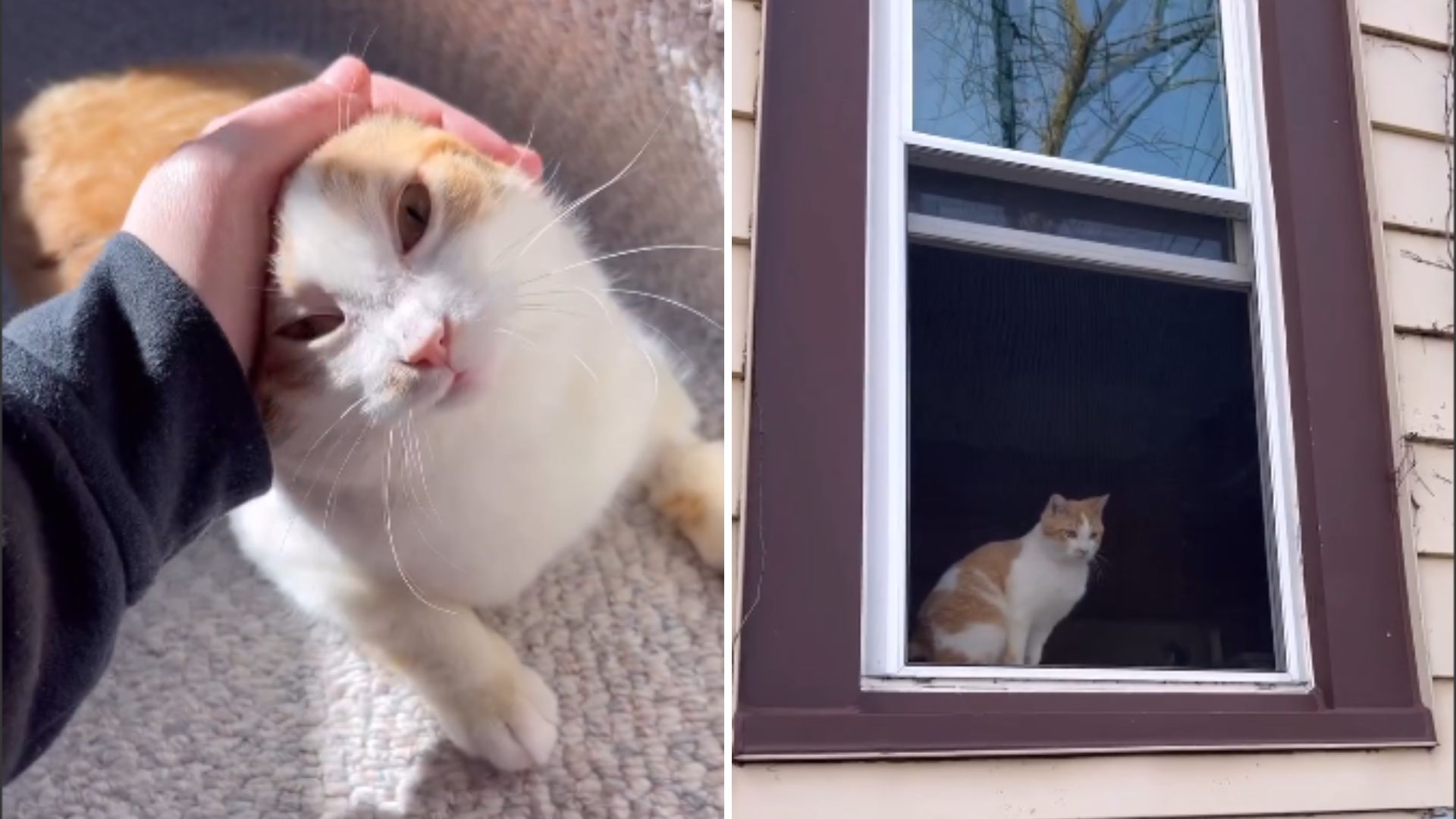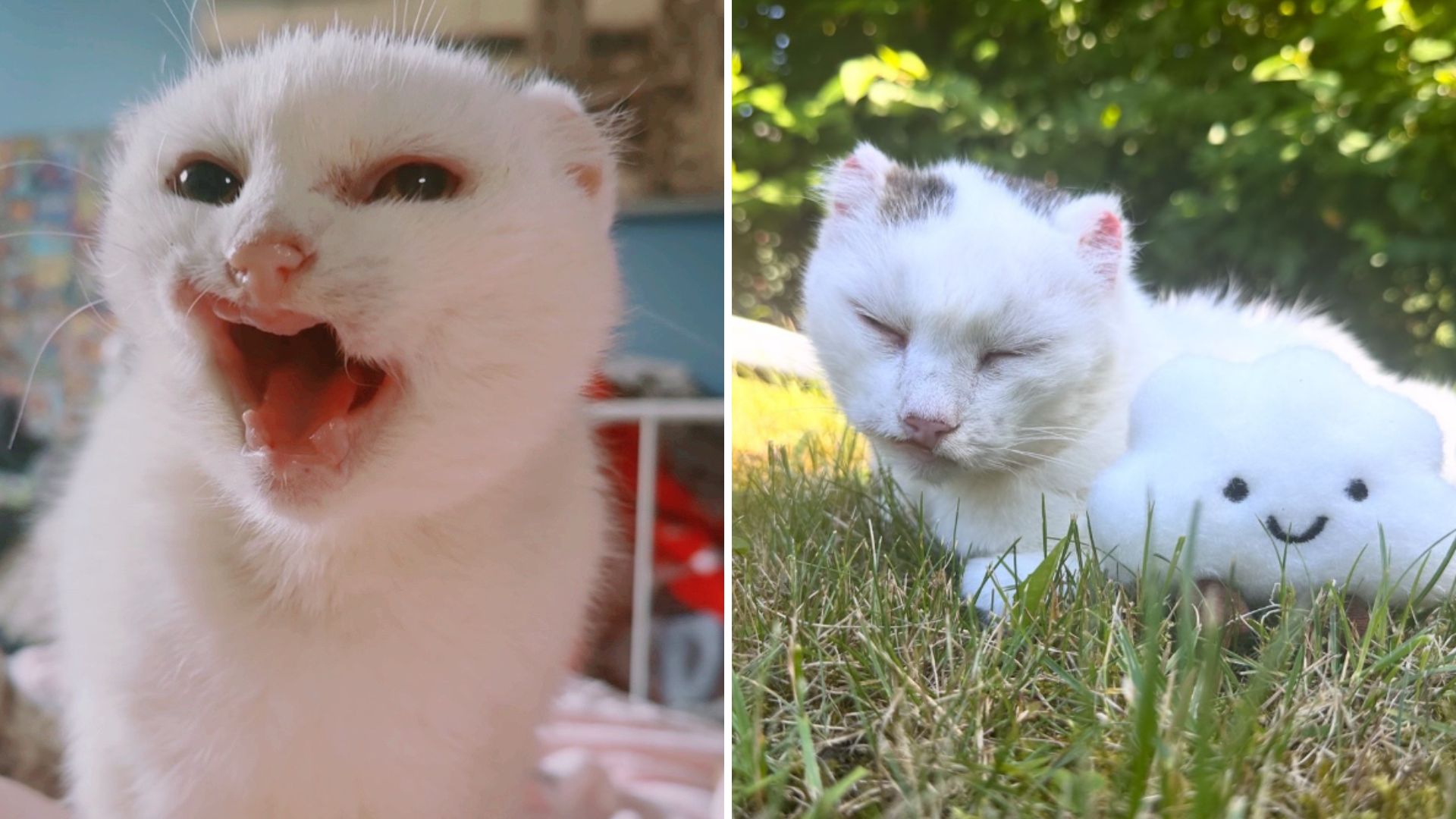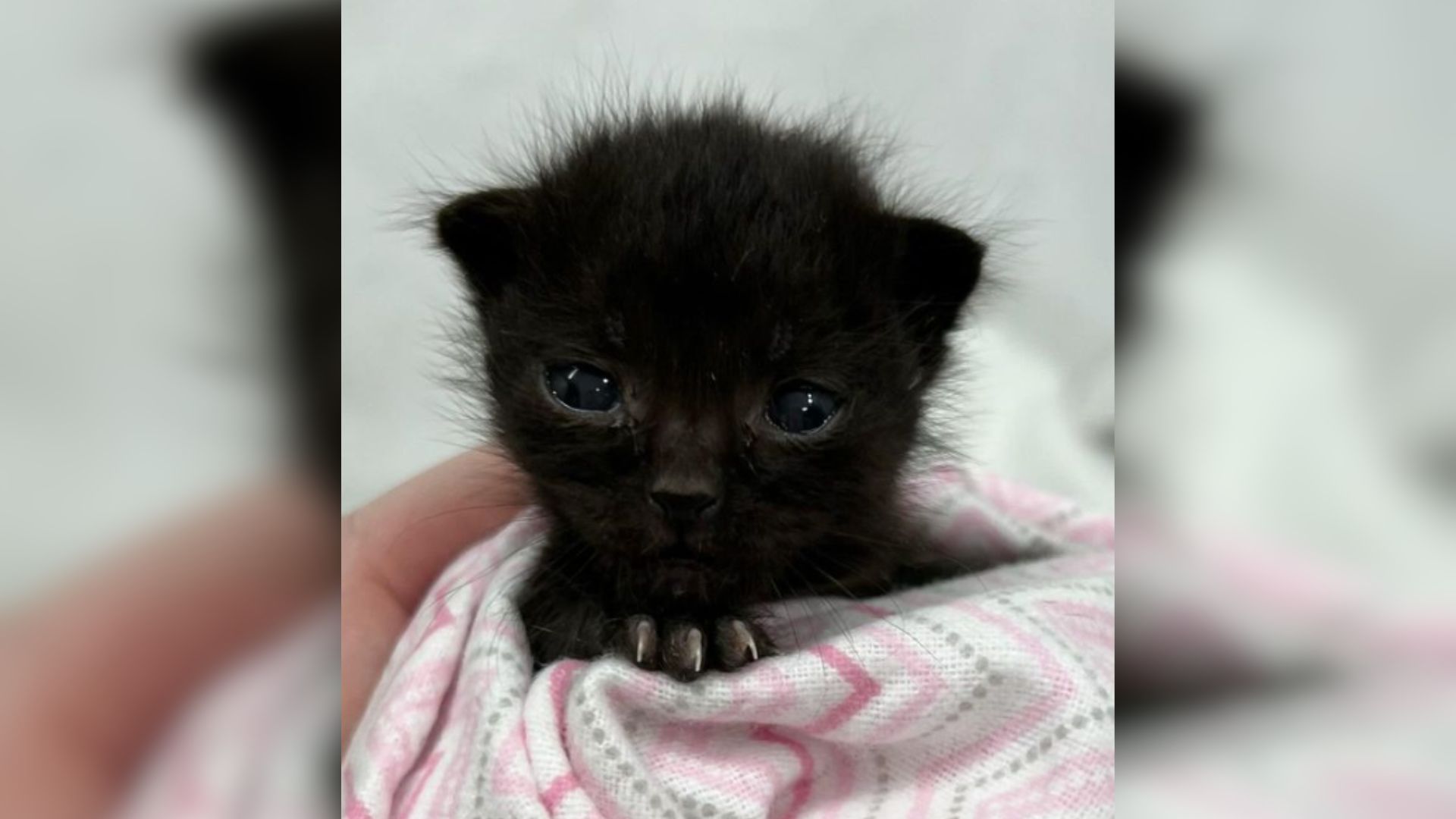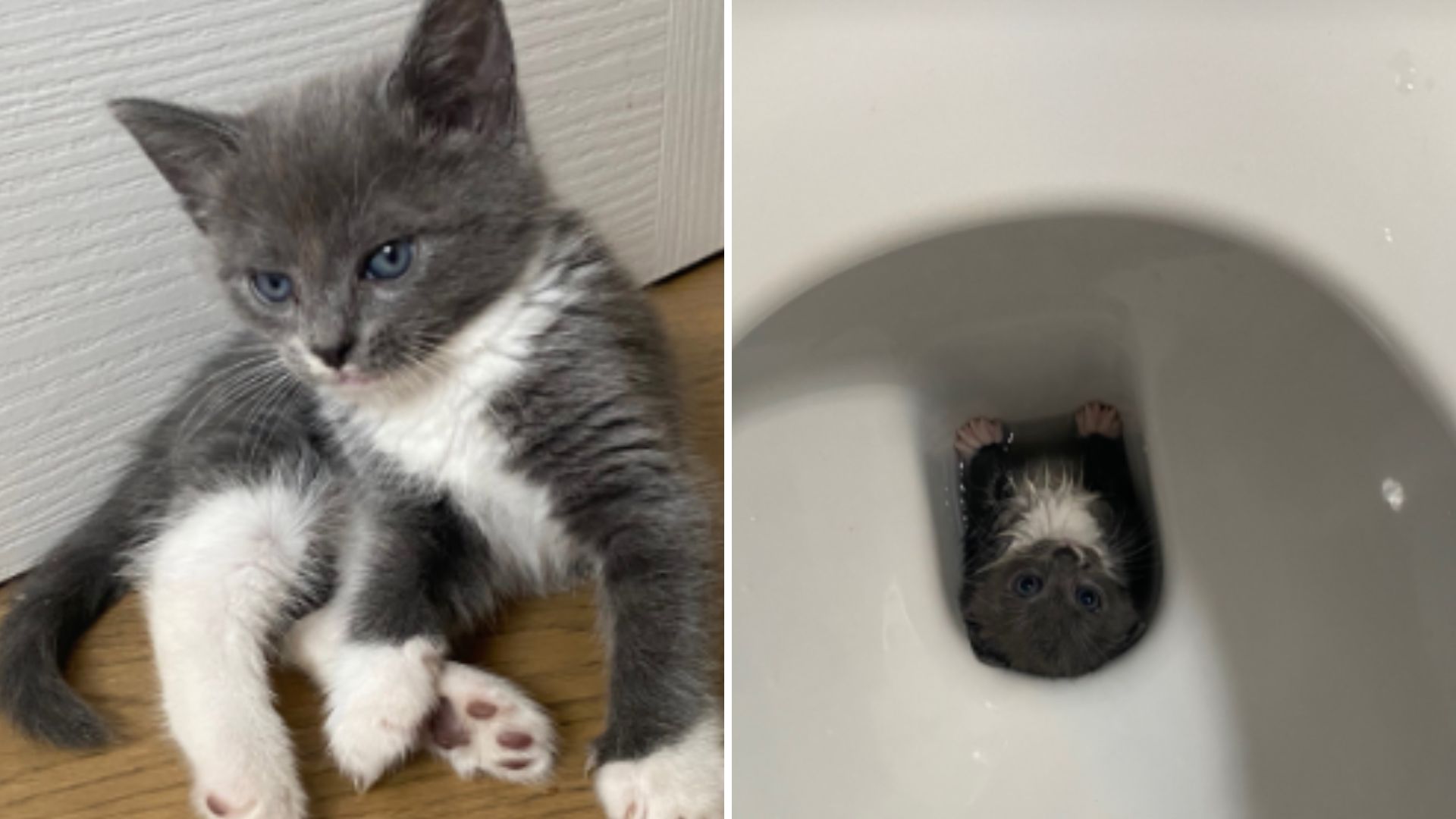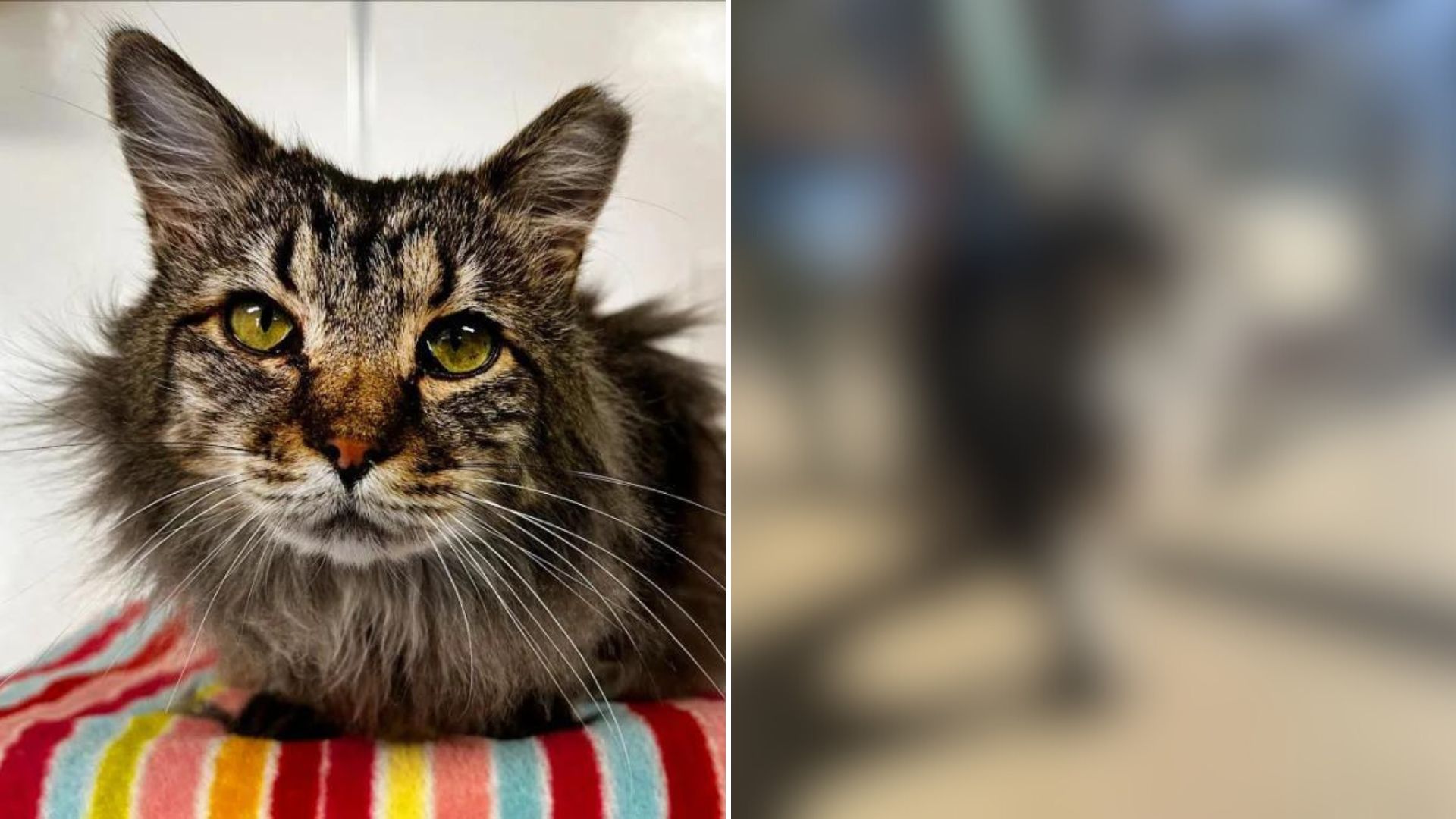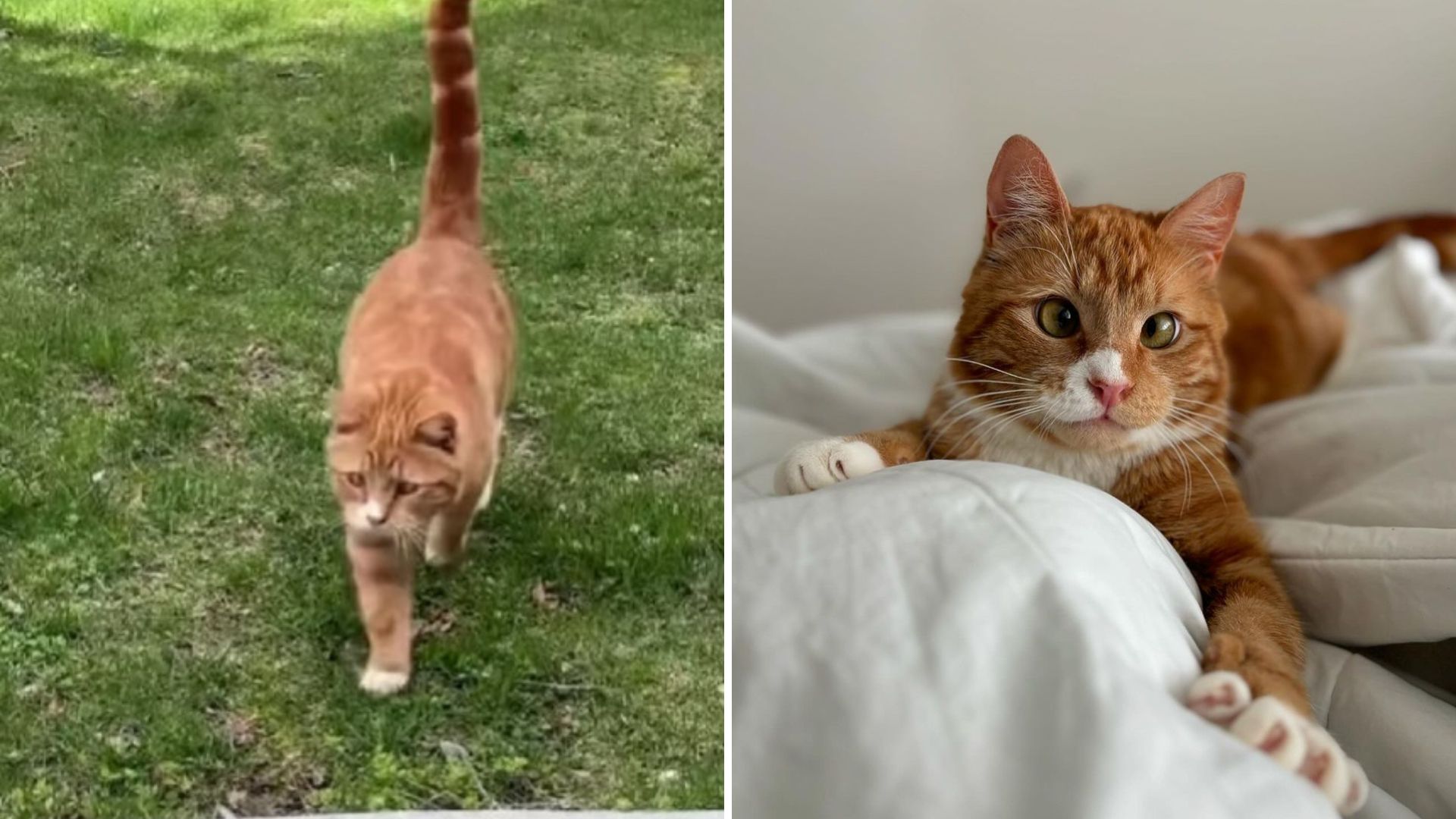

Biologists explain that black-footed cats and small carnivores often have very fast metabolisms, so they must constantly hunt to stay alive. In fact, every night, black-footed cats hunt and eat meat equivalent to one-sixth of their body weight. As a comparison, if humans had the metabolic rate of black-footed cats, a person weighing 60kg would have to eat 10kg of meat per day to survive and develop.



Despite their small size, black-footed cats are incredibly skilled hunters. They possess three different methods of hunting, using speed to chase birds or mice, silently observing their prey and slowly approaching until an appropriate distance is reached, or standing motionless at the mouth of a cave to wait for prey to pass. Their success rate in each hunt is up to 60%, the highest among wild cats.


Black-footed cats are nocturnal and rest in burrows or termite nests during the day. Their prey is usually rodents, birds, and sometimes scorpions. They are solitary animals and have poor climbing abilities compared to other species in the cat family.

Unfortunately, their habitat is being invaded and destroyed by humans, putting their lives in danger. Black-footed cats are now classified as vulnerable wildlife. Despite this, they are highly adaptable and will likely survive in human areas if necessary.


In conclusion, black-footed cats are an incredibly interesting and important species that deserve protection. They may be small, but they are mighty and are truly the most dangerous cold-blooded predators on the planet.
